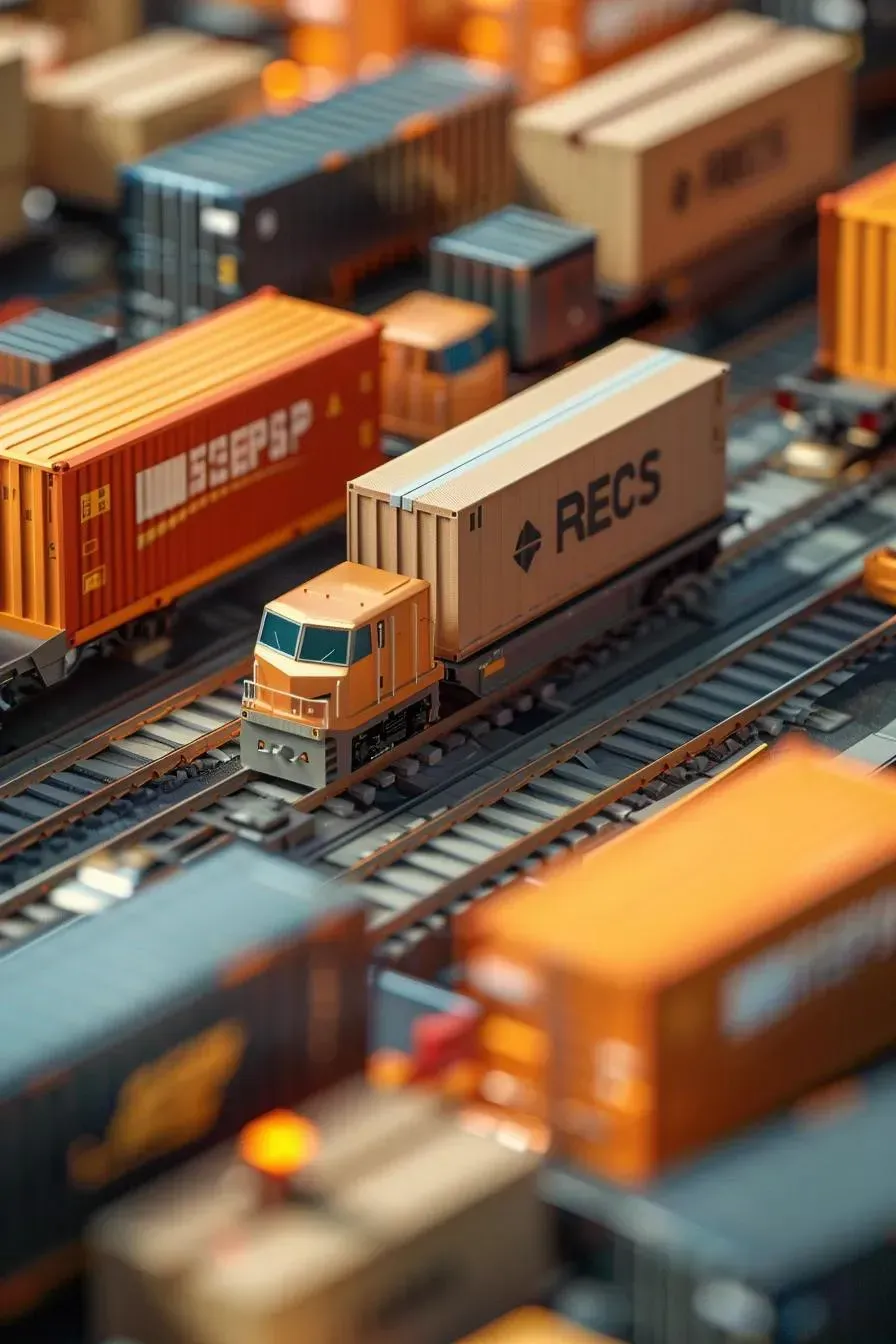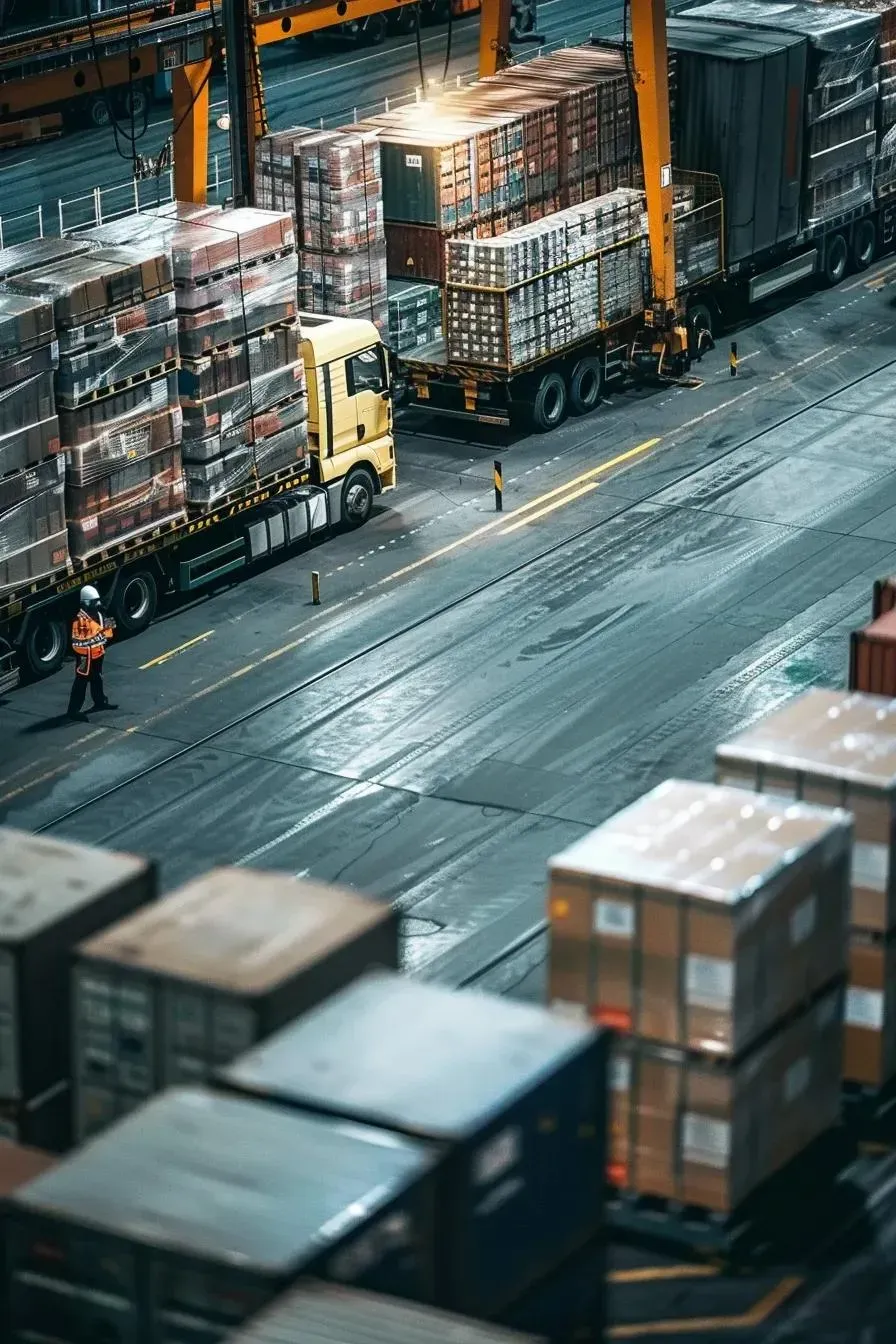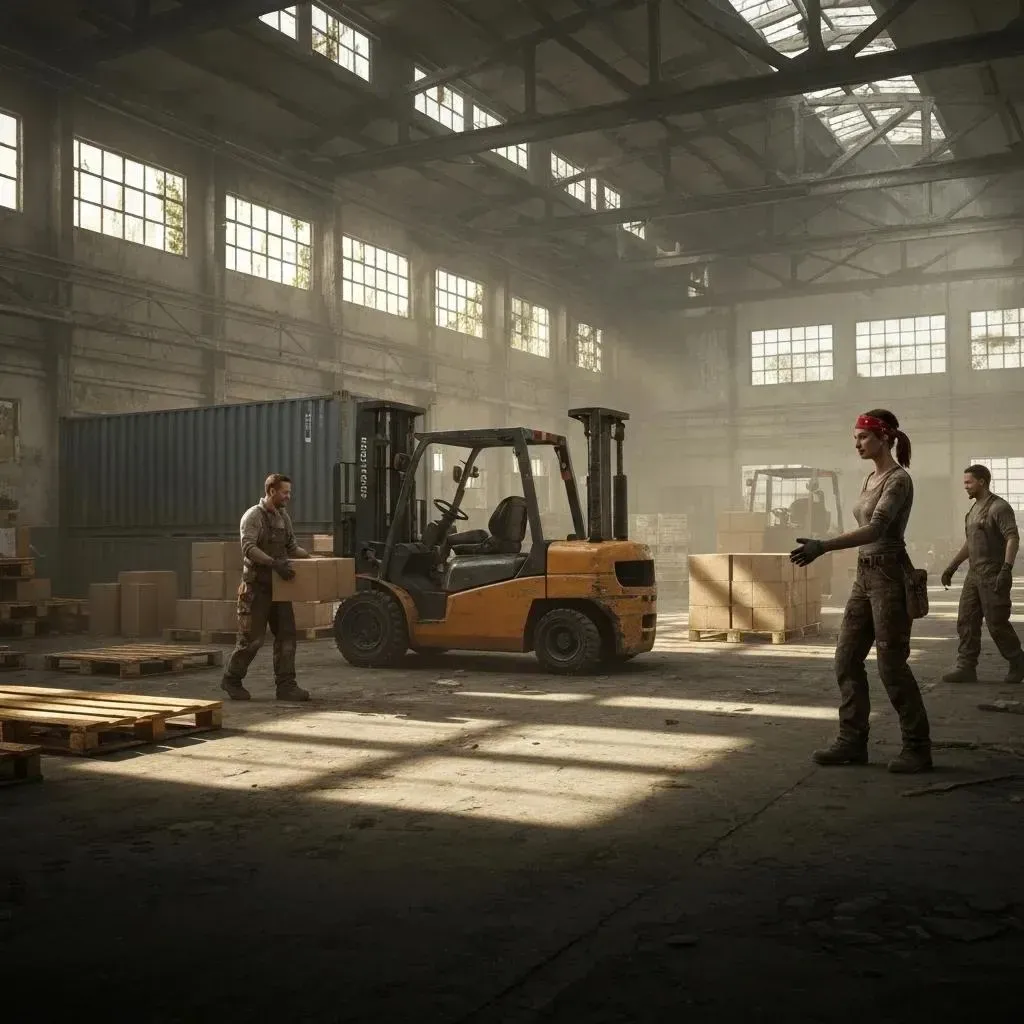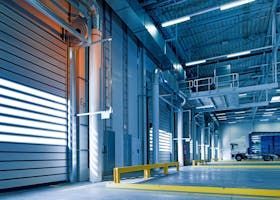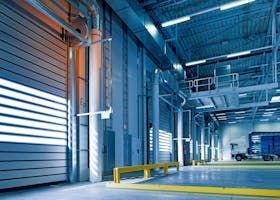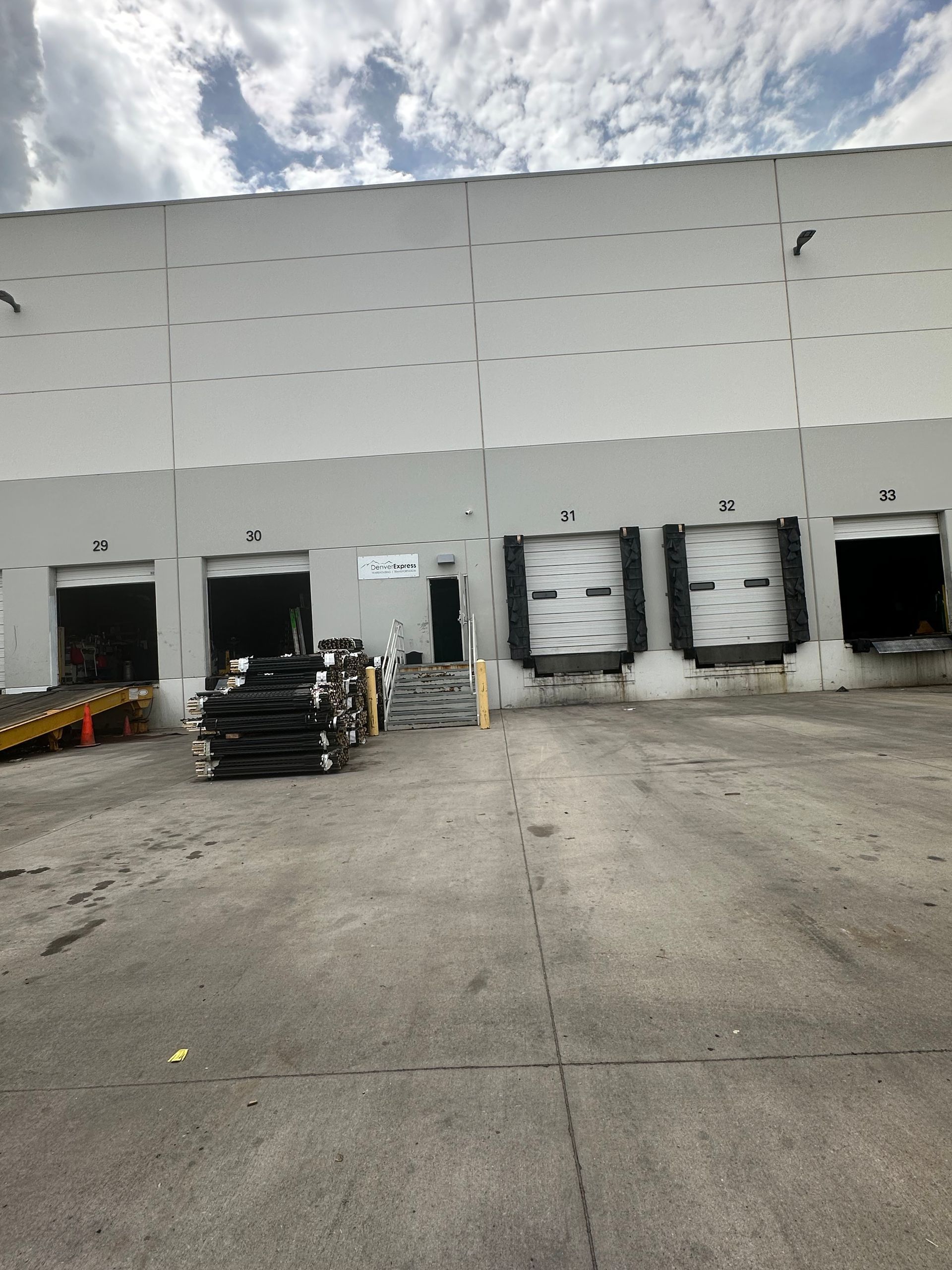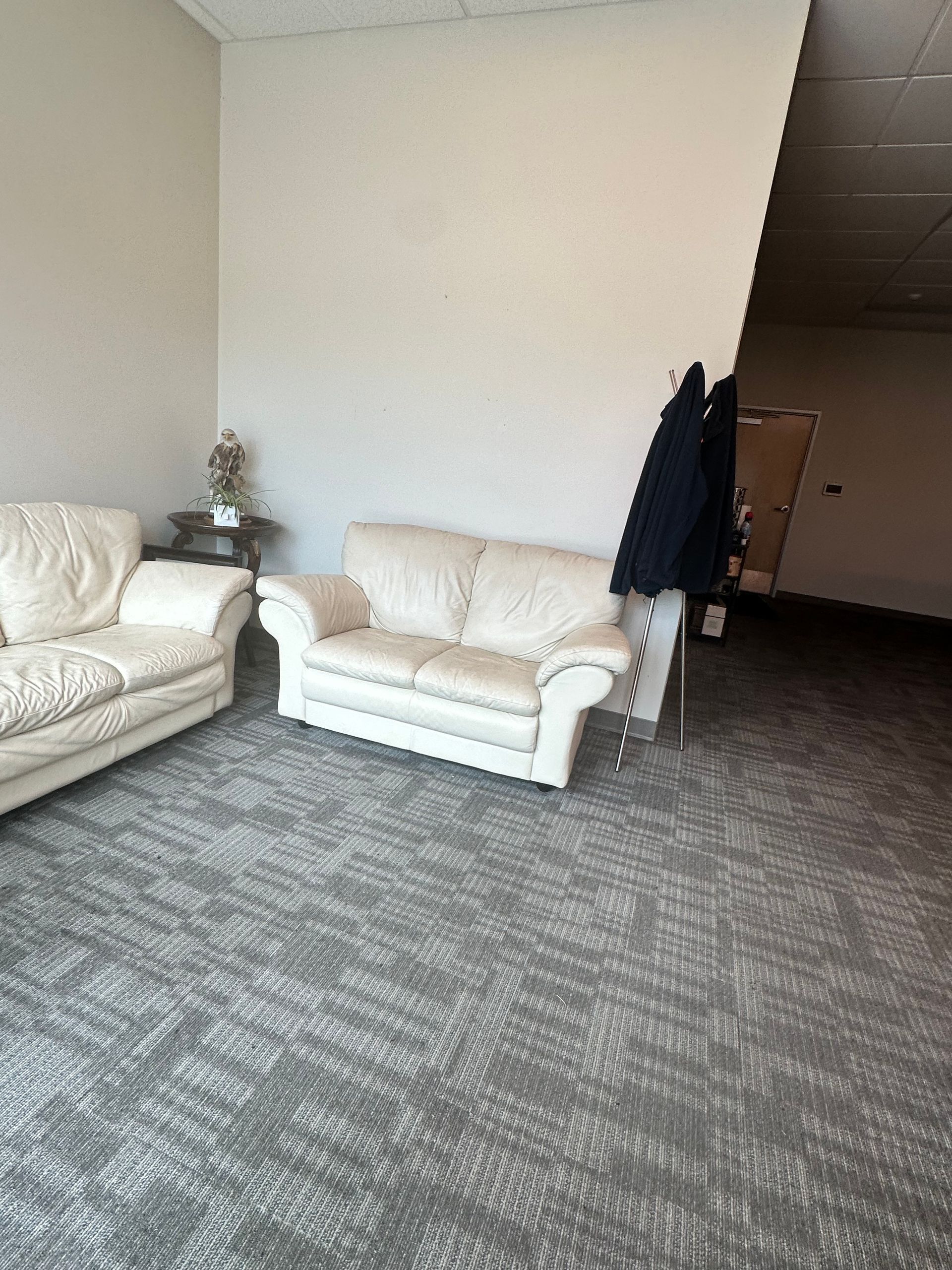LTL vs FTL Shipping | Denver Freight Solutions & Cost Savings
LTL vs. FTL Shipping: Finding the Perfect Fit for Your Freight
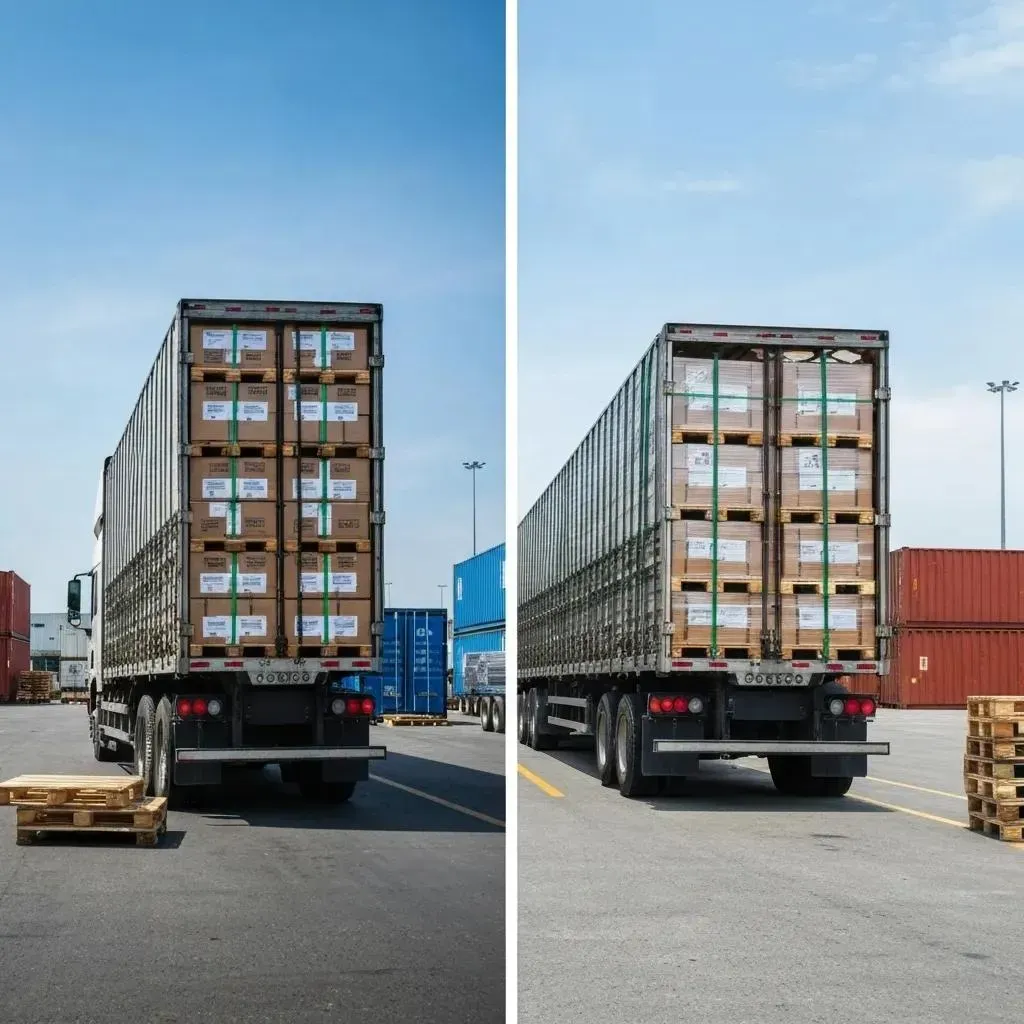
Choosing between Less Than Truckload (LTL) and Full Truckload (FTL) shipping can unlock significant savings, potentially cutting logistics expenses by up to 25%, all while boosting the reliability of your transit times. This guide will walk you through clear definitions, how each method operates, cost comparisons, and the key factors for making the right decision for your LTL and FTL freight transport needs. Plus, discover how Denver Express: Cross-Docking & Warehousing Denver brings invaluable local expertise to your supply chain across Colorado’s Front Range.
We’ll dive into:
- What defines LTL and when it’s your most cost-effective option
- How FTL guarantees dedicated capacity and speeds up your deliveries
- A direct comparison of costs, volumes, and handling processes
- A practical framework to help you decide based on shipment size, urgency, and destination
- How Denver Express Co. crafts customized LTL & FTL solutions and streamlines the quoting process
By the time you finish reading, you’ll have a clear understanding of which freight method best suits your business requirements and how to partner with a proven local expert.
LTL vs. FTL: Key Differences and How to Understand Which Model To Select
LTL shipping involves combining multiple smaller shipments from different customers into a single truck, while FTL dedicates an entire truck to a single shipment. LTL is cost-effective for smaller loads, while FTL is better for large, time-sensitive, or high-value freight.
This source offers a straightforward comparison of LTL and FTL shipping methods, which is fundamental to our discussion.
What Exactly Is Less Than Truckload (LTL) Shipping?
Less Than Truckload (LTL) shipping is designed for freight that doesn’t require a full trailer. This approach consolidates numerous smaller shipments from various clients onto a single truck, significantly reducing per-shipment costs by sharing space. For instance, a manufacturer shipping between 500–5,000 lb of pallets can leverage this consolidation to optimize freight class rates and minimize warehousing expenses. Grasping LTL’s flexible nature is key to understanding its advantages over dedicated full-truck solutions.
What is LTL Freight? A Complete Guide
LTL freight is a shipping method for businesses that don't require an entire truck's capacity. LTL shipments typically range between 150 to 15,000 pounds.
This source provides a solid definition of LTL shipping and its core characteristics, directly supporting our explanation.
How Does LTL Shipping Work with Shared Trailer Space?
LTL shipping works by pooling smaller loads from different shippers onto one trailer. Each shipment is carefully palletized, labeled, and consolidated at a terminal before it heads out. Along the route, freight is sorted and reloaded at various points for regional delivery. This efficient hub-and-spoke system maximizes trailer utilization and offers an economical choice for consignments weighing between 150–10,000 lb. While shared consolidation lowers individual rates, it does mean more handling points. Therefore, robust packaging and clear documentation are crucial to minimize damage risks and ensure smooth transitions during final-mile delivery.
What Are the Key Characteristics of LTL Shipping?
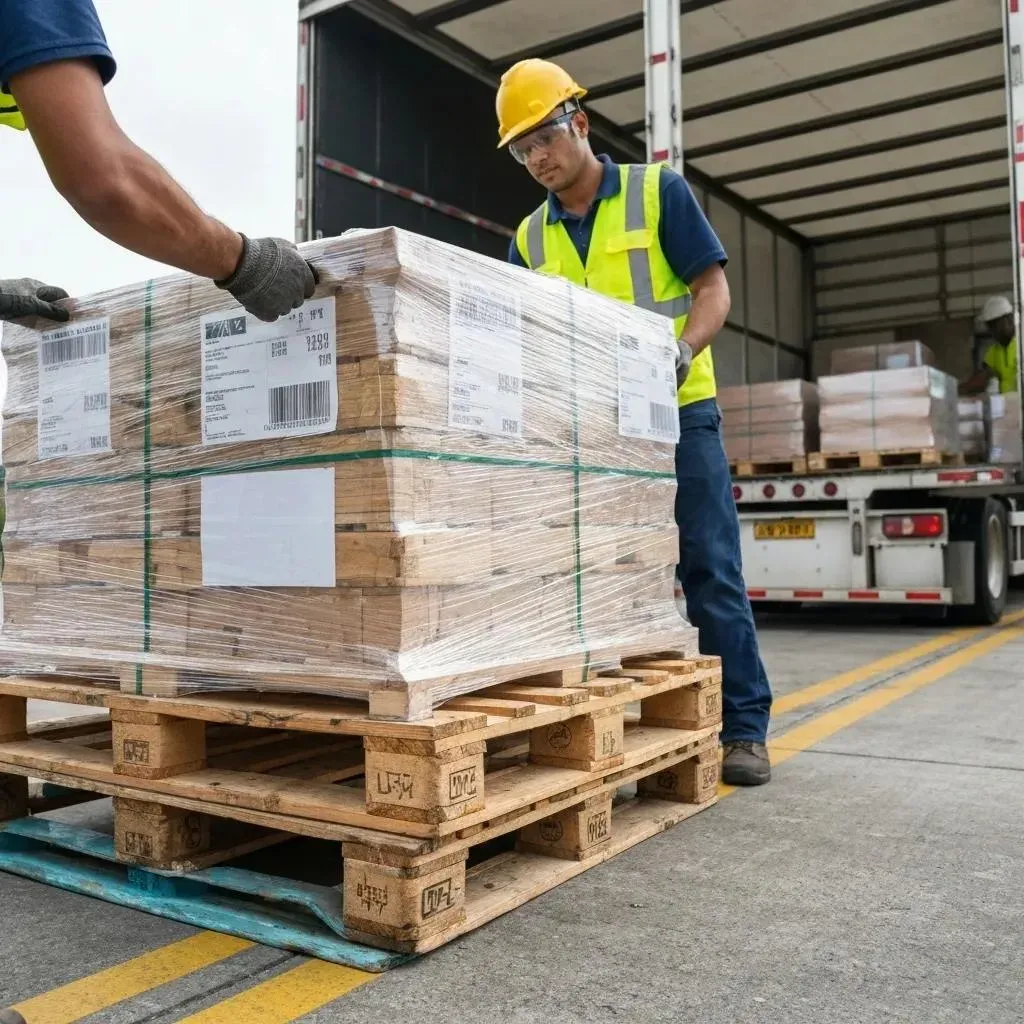
Here’s a breakdown of the LTL attributes that influence pricing and service levels:
| Shipment Factor | Characteristic | Impact |
|---|---|---|
| Weight & Volume | 150–10,000 lb across 1–10 pallets | Determines base rate and minimum charge |
| Freight Class | Class 50–500 (NMFTA rating) | Reflects density, stowability, handling, liability |
| Transit Time | 2–7 days regionally | Varies by lane density and consolidation stops |
| Cost Structure | Prorated trailer space | Low cost per pallet but subject to terminal handling fees |
| Handling Points | Multiple transfers per route | Increases risk and packaging requirements |
These characteristics highlight when LTL is most effective and how to optimize your shipments for quicker transit and better costs.
What Are the Benefits of LTL Shipping for Small to Medium Businesses?
Businesses with fluctuating or modest shipment volumes can enjoy:
- Cost Savings: Benefit from shared trailer space, which lowers per-pound rates.
- Flexible Scheduling: Take advantage of multiple departure times and variable frequencies.
- Reduced Warehousing Needs: Ship smaller loads directly to customers or regional hubs.
- Scalable Capacity: Easily accommodate growth, from single pallets to multiple skid loads.
These advantages are perfect for supporting lean inventory strategies and reducing capital tied up in storage.
When Should You Choose LTL Shipping for Your Freight?
Consider LTL when your loads:
- Weigh between 150 and 10,000 lb.
- Occupy fewer than 10 pallet positions.
- Can accommodate 1–5 additional handling points.
- Prioritize cost-effectiveness over the absolute fastest transit.
Opting for LTL under these conditions optimizes freight class economies and aligns perfectly with lower-volume distribution needs.
What Is Full Truckload (FTL) Shipping and How Does It Differ?
Full Truckload (FTL) shipping means dedicating an entire trailer to a single shipper’s cargo. If your shipment exceeds 10,000 lb or fills all available trailer space, FTL provides a direct route from origin to destination without any intermediate stops. This dedicated, single-move structure offers the highest level of security and speed for high-value or time-sensitive goods. Understanding FTL’s dedicated capacity clearly shows why it’s the preferred choice for large-scale freight movements.
What is FTL (Full Truck Load)?
FTL shipping is used for shipments that take up an entire truck. FTL offers direct routes from origin to destination, minimizing transit time and potential delays.
This source defines FTL shipping and points out its key advantages, aligning perfectly with our discussion.
How Does FTL Shipping Work with Dedicated Trailer Space?
With FTL shipments, your cargo is loaded directly into a reserved trailer at the shipper’s dock. The truck then travels directly from point A to point B, with no additional pickups along the way, making the routing highly predictable. A single driver is responsible for your freight from origin to final delivery, eliminating the need for multiple terminal stops. This direct model significantly reduces handling risks and transit variability, often resulting in speeds 10–20% faster than LTL on the same route.
What Are the Key Characteristics of FTL Shipping?
Key FTL properties include:
| Shipment Attribute | Description | Benefit |
|---|---|---|
| Capacity | 20–26 pallets or up to 45,000 lb | Maximizes load efficiency for large volume |
| Cost Structure | Flat trailer rate | Predictable full-truck pricing without per-pallet fees |
| Transit Time | Direct routing, 1–3 days regionally | Shorter delivery windows with minimal handling delays |
| Security | Single-shipment chain of custody | Reduced risk of damage and loss |
| Equipment Options | Dry van, refrigerated, flatbed | Tailored to cargo requirements (temperature, dimensions) |
These characteristics make dedicated transport the ideal solution for bulk shipments, sensitive cargo, and tight delivery schedules.
What Are the Advantages of FTL Shipping for Large Shipments?

Large-volume shippers gain these key advantages:
- Speed: Direct origin-to-destination transit minimizes dwell time.
- Security: Single handling reduces exposure and ensures a secure chain-of-custody.
- Volume Utilization: Full trailer loads optimize cost per mile for substantial freight.
- Equipment Customization: Access specialized trailers for oversized or temperature-controlled goods.
These benefits underscore FTL’s critical role in mission-critical and heavy-volume logistics operations.
When Is FTL the Best Choice for Your Cargo?
FTL shipping is the optimal choice for cargo that:
- Exceeds 10,000 lb or occupies most of a trailer’s space.
- Requires precise temperature control or specialized handling.
- Is high-value or carries significant liability concerns.
- Demands the absolute fastest and most reliable delivery possible.
Selecting FTL in these scenarios ensures your freight moves efficiently with minimal risk.
How Do LTL and FTL Shipping Compare? Key Differences Explained
Both LTL and FTL are designed for distinct freight profiles. A direct comparison of their attributes will help you pinpoint the best solution for your specific needs regarding cost, speed, and security.
| Feature | Less Than Truckload (LTL) | Full Truckload (FTL) |
|---|---|---|
| Cost Basis | Shared trailer space | Dedicated trailer flat rate |
| Minimum Volume | 150 lb / 1 pallet | Full-truck minimum (20+ pallets) |
| Transit Speed | 2–7 days with multiple handling | 1–3 days direct routing |
| Handling Frequency | 2–5 terminal transfers | Single load/unload |
| Freight Class Impact | Rates vary by NMFTA class | Flat rate regardless of classification |
| Flexibility | High—book partial loads | Low—requires full-truck commitment |
What Are the Cost Differences Between LTL and FTL Shipping?
LTL pricing is based on weight, density, and freight class, making it a budget-friendly option for smaller loads. FTL uses a fixed rate per mile per trailer, which can become more economical when your shipment nearly fills the truck. Practically speaking, an 8,000 lb load might cost up to 30% less via FTL if it utilizes over 75% of the trailer’s capacity; for smaller shipments, LTL consolidation discounts typically offer better value.
How Do Volume and Weight Impact Your Shipping Choice?
The weight and cubic volume of your shipment are direct indicators for choosing between LTL and FTL. Loads under 10 pallets or 10,000 lb generally benefit from LTL’s shared model to lower costs. Above this threshold, FTL’s dedicated trailer eliminates per-pallet fees. Accurately estimating your pallet dimensions and total volume is key to avoiding unexpected charges or wasted capacity with either method.
What Are the Transit Time and Handling Differences?
LTL’s hub-and-spoke network involves multiple loading and unloading points, which can extend delivery windows by 1–3 days compared to FTL. In contrast, FTL’s single pickup and drop-off model provides more predictable schedules and fewer opportunities for damage during transit.
How Does Freight Class Affect LTL Shipping Costs?
Freight class, determined by the National Motor Freight Traffic Association (NMFTA), assesses factors like density, stowability, handling requirements, and liability. A higher class signifies greater handling complexity or risk, leading to higher LTL rates. Optimizing your packaging, pallet configuration, and documentation can help lower your freight class and reduce overall costs.
What Are Hybrid Shipping Options Like Partial Truckload?
Partial Truckload, often referred to as Volume LTL, offers a middle ground between LTL and FTL. It provides dedicated trailer space for medium-sized shipments (typically 10–15 pallets). This solution balances cost savings with reduced handling stops, creating a customized option for growing businesses.
How Can Businesses Decide Between LTL and FTL Shipping?
Selecting the right freight method involves carefully evaluating several operational and financial factors.
What Factors Should Influence Your Shipping Method Choice?
- Shipment Size & Weight: Match the mode to your pallet count and total pounds.
- Urgency: Align your transit time needs with the service speed offered.
- Budget Constraints: Compare prorated LTL rates against the full-truck cost per mile.
- Cargo Sensitivity: Opt for minimal handling for fragile or high-value goods.
- Route Density: Consider consolidated lanes where LTL hubs operate frequently.
Weighing these criteria will help you establish the most efficient and cost-effective shipping strategy.
How Does Shipping Destination Affect LTL vs FTL Selection?
Regional and local deliveries within Colorado’s Front Range often benefit from the dense LTL networks available. For longer, interstate lanes, FTL’s direct routing might be more advantageous. Additionally, challenging terrain and seasonal weather conditions in Colorado can impact service availability, making thorough route planning and local expertise crucial for on-time performance.
How Can Technology and Tracking Improve Your Freight Shipping?
Advanced Transportation Management Systems (TMS) and real-time GPS tracking significantly enhance visibility for both LTL and FTL shipments. Integrated platforms streamline route selection, automate freight class verification, and provide proactive alerts for any exceptions. These tools help minimize delays, improve planning accuracy, and support data-driven logistics decisions.
What LTL and FTL Shipping Solutions Does Denver Express Co. Offer in Colorado?
Denver Express Co. expertly combines local market knowledge with extensive carrier networks to provide customized freight transport solutions across the Front Range. Our comprehensive services ensure you receive the right capacity, precisely when you need it.
Denver Express: Cross-Docking & Warehousing Denver
Denver Express specializes in cross-docking and warehousing in the Front Range of Colorado, offering LTL and FTL services.
This source confirms Denver Express Co.'s specialized services, directly relevant to our section on their offerings.
How Do Our LTL Services Support Colorado Front Range Businesses?
Our LTL offering is designed with your needs in mind:
- Custom Consolidation: Strategically located terminals in Denver and Colorado Springs.
- Flexible Pickup Windows: Accommodating diverse manufacturing and retail schedules.
- Freight Class Optimization: Expert guidance on packaging and volume planning to maximize savings.
These capabilities are geared towards reducing your costs while ensuring reliable service for your local and regional customers.
What Are Our Full Truckload Shipping Capabilities?
We manage a fleet of dedicated dry vans, reefers, and flatbeds, featuring:
- Point-to-Point Direct Routes: Expedited service for interstate lanes.
- Flexible Trailer Options: Suitable for oversized and temperature-sensitive freight.
- Guaranteed Capacity: Secured through strategic carrier partnerships.
This ensures your large shipments arrive on time and in perfect condition.
How Do Integrated Warehousing and Cross-Docking Enhance Freight Shipping?
Our 23,000 sq ft FDA-approved warehouse and advanced cross-dock facilities streamline inventory flow by:
- Receiving & Sorting: Efficiently processing inbound goods for rapid onward dispatch.
- Cross-Dock Transfers: Minimizing storage time and reducing handling touchpoints.
- Last-Mile Integration: Seamlessly connecting with local carriers for final delivery.
This comprehensive approach significantly cuts lead times and simplifies your overall supply chain management.
How Can You Request a Customized Freight Quote from Denver Express Co.?
To receive a tailored proposal, simply contact our logistics team through our website: Denver Express: Cross-Docking & Warehousing Denver. Please provide your origin, destination, shipment weight, dimensions, and any special requirements. You can expect a competitive LTL or FTL rate within 24 hours.
What Are the Most Common Questions About LTL vs FTL Shipping?
Shippers frequently ask about minimum weights for FTL, how freight classification impacts LTL rates, service capabilities, cost comparisons, and available hybrid alternatives.
In practice, businesses want to know the minimum weight that makes FTL economically viable and which freight classes incur the highest LTL premiums. They also seek confirmation that a single provider can manage both LTL and FTL shipments under one account for consistent service. Cost-effectiveness often hinges on how close a shipment comes to filling a truck—sometimes partial-truck solutions offer the best balance. Finally, understanding lane density and equipment availability in the Colorado Front Range is key to setting realistic transit expectations.
Denver Express Co.’s deep expertise in local logistics, combined with cutting-edge tracking technology and flexible capacity, ensures you always select the most efficient freight method for every shipment. Whether you’re optimizing small-lot deliveries with LTL consolidation or moving high-volume loads via dedicated FTL service, our team delivers tailored solutions across Colorado’s Front Range. Partner with us to streamline your supply chain and secure competitive freight rates—reach out today for your personalized quote.



